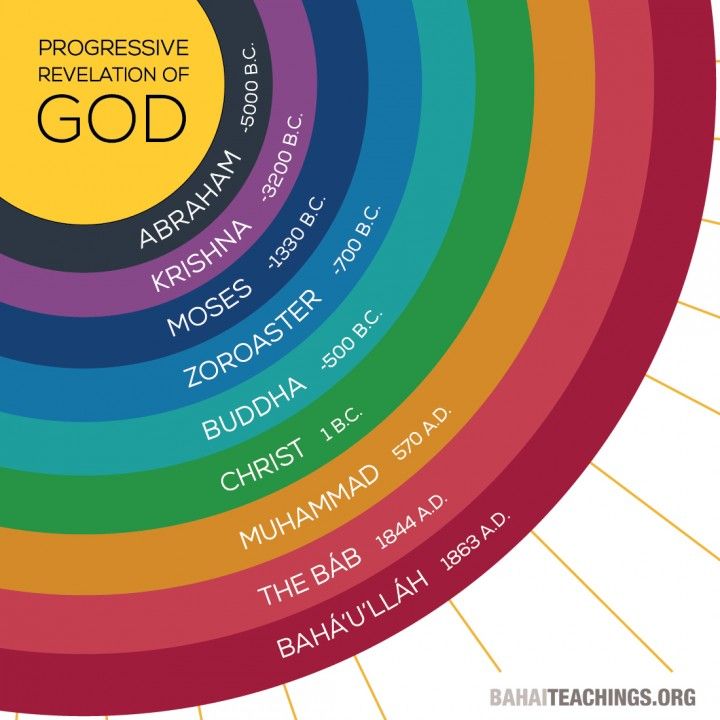Hypocrisy, a term that evokes a profound examination of sincerity and authenticity, is a pervasive issue within religious landscapes. Within the Baha’i Faith, the tenets guiding spiritual and social conduct offer insights into the nature of hypocrisy and the imperative for genuine adherence to spiritual principles. This discussion delineates the Baha’i perspective on hypocrisy, while also providing an exploration of its manifestations and the paths toward rectification.
To begin, hypocrisy can be delineated as the act of professing beliefs, values, or principles that one does not truly espouse or practice. This phenomenon can arise in various contexts, from personal spirituality to collective religious expression. In the realm of the Baha’i teachings, the relationship between action and belief assumes paramount importance. Baha’u’llah, the founder of the Baha’i Faith, elucidates that true faith must reflect in conduct; thus, the avoidance of hypocrisy hinges on aligning one’s actions with their professed beliefs.
One significant aspect of Baha’i teachings is the principle of integration, whereby individual beliefs and societal norms must coalesce in a harmonious existence. When an individual espouses the Baha’i principles of unity, the oneness of humanity, and justice, but subsequently acts in ways that betray these values, they fall into the trap of hypocrisy. The teachings emphasize the need for integrity; that is, the essential alignment of one’s deeds and words is not merely encouraged but is a requisite for spiritual progression.
Hypocrisy in a religious context often serves as a barrier to spiritual advancement. Within the Baha’i framework, it is understood that hypocrisy can lead to spiritual discontent and alienation from the divine. Believers are called to pursue a path characterized by sincerity, an endeavor that necessitates introspection and self-examination. This self-reflective process is pivotal in identifying discrepancies between declared beliefs and practiced behaviors.
A fundamental premise of the Baha’i Faith is the importance of the individual’s relationship with God. This relationship is inherently personal and necessitates a commitment to spiritual growth. Baha’is believe that for the soul to flourish, one must engage in a continuous cycle of learning and unlearning. Acknowledging moments of hypocrisy can serve as catalysts for transformation, offering individuals opportunities to realign themselves with Baha’i teachings.
Furthermore, the Baha’i teachings delineate various forms of hypocrisy, ranging from the subtle to the overt. One form is the ‘intellectual hypocrisy,’ where individuals may possess a thorough comprehension of spiritual principles yet fail to embody those teachings in their lives. This disjunction between knowledge and application is often perpetuated by societal pressures, where outward appearances often take precedence over inward sincerity.
Another manifestation is ‘social hypocrisy.’ In communities or groups, members may conform publicly to shared beliefs while privately repudiating them. This type of hypocrisy undermines communal cohesion and reflects a lack of commitment to the principle of unity. The Baha’i teachings advocate for the dissolution of such divisions, prompting individuals to nurture openness and honesty within their interrelations.
The Baha’i perspective also addresses the propensity toward hypocrisy in leadership. Leaders and institutions are called to exemplify the highest moral standards. When those in positions of authority fail to adhere to their professed values, they not only compromise their integrity but also endanger the moral foundation of the community. Baha’is are encouraged to hold their leaders accountable, ensuring that their actions mirror the ethics and principles they promote.
Addressing hypocrisy is not merely about repudiation but also involves promoting a culture of accountability and redemption. The Baha’i teachings reinforce the notion that repentance and forgiveness are integral to personal growth. Individuals are encouraged to acknowledge their faults openly and seek forgiveness, thus paving the way for a genuine reconciliation with their beliefs and actions. This dynamic permits individuals to transcend their shortcomings and foster a more robust spiritual essence.
Moreover, Baha’i scripture encourages the pursuit of knowledge as a means to dispel hypocrisy. Education and personal development equip individuals with the requisite tools for understanding complex spiritual and ethical dilemmas. The acquisition of knowledge engenders a deeper appreciation of the principles of the Faith and fosters a commitment to embody those teachings in everyday life.
In conclusion, the Baha’i perspective on hypocrisy serves as a clarion call for authenticity. By embracing the principles of sincerity, individual accountability, and ongoing self-reflection, believers can surmount the barriers posed by hypocrisy. Ultimately, the journey toward spiritual alignment is one that necessitates both personal commitment and communal support, as individuals endeavor to integrate their beliefs with their actions, fostering a unified expression of the Baha’i Faith in all areas of existence. To live a life devoid of hypocrisy is to embrace a path of dynamic authenticity, thereby fulfilling the sacred purpose of spiritual evolution and contributing to the advancement of humanity as a whole.
